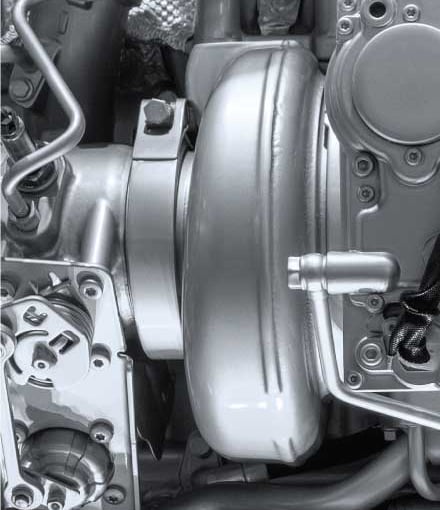SOLUTIONS — LESS-THAN- TRUCKLOAD (LTL) SHIPPING
Optimize transportation spend, increase flexibility, and improve customer satisfaction.
Are you able to break up and palletize freight?
Is it hard to find full truckload (FTL) capacity?
Looking for a more cost-effective and flexible way to transport your freight?
Less-than-truckload (LTL) shipping is a cost-effective, flexible way to transport smaller freight that doesn’t require a full 48- or 52-foot trailer. Typically, LTL freight weighs between 150-10,000 pounds and fits onto one to 10 pallets. Because LTL is transported on the same trailer as other shippers’ freight, each shipper pays for only their portion of the trailer rather than for the entire trailer, as in full truckload (FTL) shipping.
Outsourcing your LTL management to Evans gives you the right carriers at the right price. You only pay for the space your freight occupies, and freight moving in similar directions is consolidated at terminal points for cost-effective pricing. You’ll enjoy greater flexibility, too.
Hub-and-Spoke Overview
LTL is a hub-and-spoke model with spokes being the lanes of travel that connect the hubs, or distribution points.
1. Local Origin Hub
A carrier picks up your freight and takes it to the local origin hub where it's loaded onto another truck with other shippers’ freight heading in the same direction.
2. Consolidation Hubs
This consolidation process repeats itself at hub after hub until your shipment reaches its destination hub.
3. Destination Hub and Final Delivery
Once your freight has reached its destination hub, it is picked up by a local carrier for final delivery.
Sensitive Freight Warning!
Because LTL freight takes longer to move and is handled more frequently while in transit, it may not be ideal for some sensitive freight. There may be potential for cross-contamination (e.g., if plastics and garlic share the same trailer, the plastics could pick up and retain the scent of garlic).

LTL Challenges, Rates, and Benefits
01
Selecting the most efficient and trustworthy LTL carriers for your freight needs and budget requires careful coordination.
02
Finding capacity is easier if you’re able to break up shipments into pallets that can fit onto available spaces in LTL trailers.
03
Understanding LTL shipping rates and leveraging cost-saving technologies are critical to securing the best rates.
04
LTL is the most cost-effective when your shipment is unable to fill the space of an entire trailer. If your freight is able to fill an entire trailer, you need to explore FTL.
05
Facilitating special services is possible: liftgate pickup or delivery, residential pickup or delivery, inside pickup or delivery, freeze protection, and more.
06
Pass your LTL savings on to your customers while improving end-to-end visibility and overall satisfaction.
07
Navigating the complex world of LTL shipping is easy using modern transportation management systems (TMS).
08
Just like riding a city bus, when your freight shares a trailer with other shippers’ freight, you reduce your business’ carbon footprint.
Let's talk
While shipment size and timing requirements may eliminate some shippers from using LTL, it still may be worth discussing. Evans is ready to explain the many details and benefits of LTL when you are.


Our performance.
Their reactions.
"What you did ... to the extended LTL terminals was also extremely helpful! If it weren’t for your team’s hard work, we would’ve been staring at $1M+ sitting on our docks after year end."
"I’m very comfortable asking them for additional resources and reporting to help in our business."
"Evans is quick and very thorough, always keeping me up to speed on all my inquiries."

Case Study: SAF-Holland’s 3PL Strategy Improves Bottom Line
When SAF of Europe and Holland of the United States merged to create SAF-Holland, a leading truck parts and trailer manufacturer, they trusted Evans to build and implement a new logistics program that would meet SAF-Holland’s needs, improve customer satisfaction, and reduce their transportation costs.
